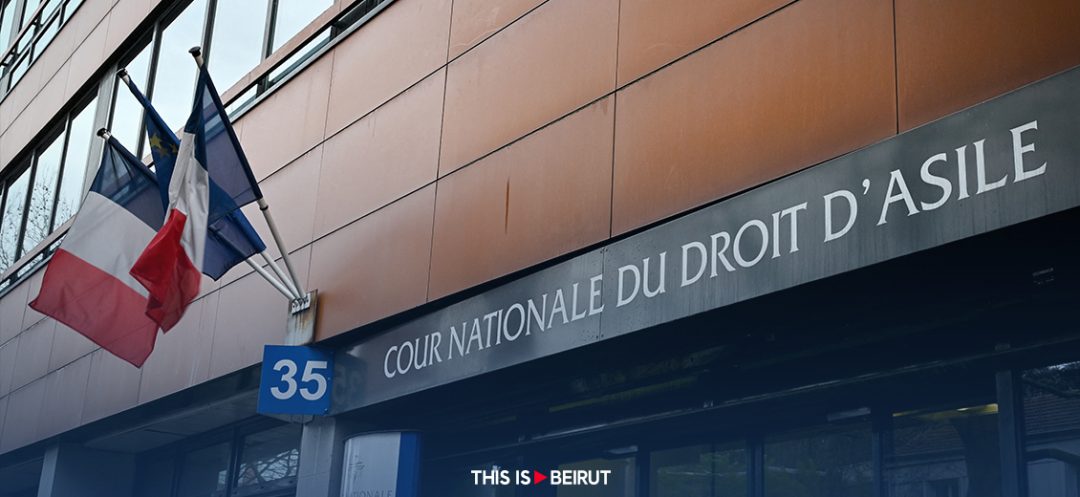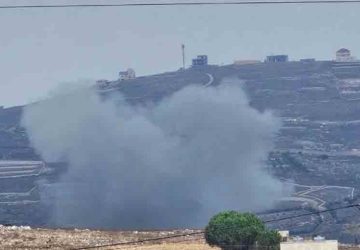France has granted refugee status to a Gazan who claims to have been forced to flee Khan Younes in 2022 due to “persecution” by Hamas.
He fled the Gaza Strip in 2022 to escape Hamas’ “persecution” and was granted refugee status by the French National Asylum Court (CNDA), which since February has ruled that the territory was experiencing “indiscriminate violence of exceptional intensity”.
According to a document published on Tuesday, the Court granted this status but does not mention the reasons that led it to make this decision.
The young Gazan explained at the hearing that, in the spring of 2022, he had been forced to leave Khan Younes with his brother, father, and cousin for fear of reprisals following an altercation with members of Hamas’ armed wing.
“We were home when we heard my father shouting ‘help’ and then being beaten up by men with camouflaged faces. We got into a fight with them,” he recounted.
As a minor, he fled to Egypt and learned that their assailants wanted to “bury missiles on the grounds of their house to set up a launch base” that “would have destroyed their entire village”.
His father, a policeman for the Fatah movement from 2000 to 2007, was “unfavorably known to Hamas”, the session’s rapporteur had pointed out at the hearing.
After moving on to Libya, Brazil, the Dominican Republic and finally French Guiana, the young man’s application for asylum was rejected in January 2023 by OFPRA, the agency responsible for granting refugee status. The application was rejected because he had not registered with the UN agency for Palestinian refugees (UNRWA), unlike the other members of his family whose applications were accepted.
On February 12, for the first time since the war between Israel and Hamas began on October 7, the CNDA granted subsidiary protection under European law to another Palestinian, on grounds that the region was experiencing “a situation of indiscriminate violence of exceptional intensity”.
This type of decision by the CNDA, which rules on asylum applications on appeal, generally sets the precedent for all similar cases in France.
The Court distinguishes protection needs according to whether or not the indiscriminate violence observed in a given place and at a given time reaches the level of “exceptional intensity”.
with AFP





